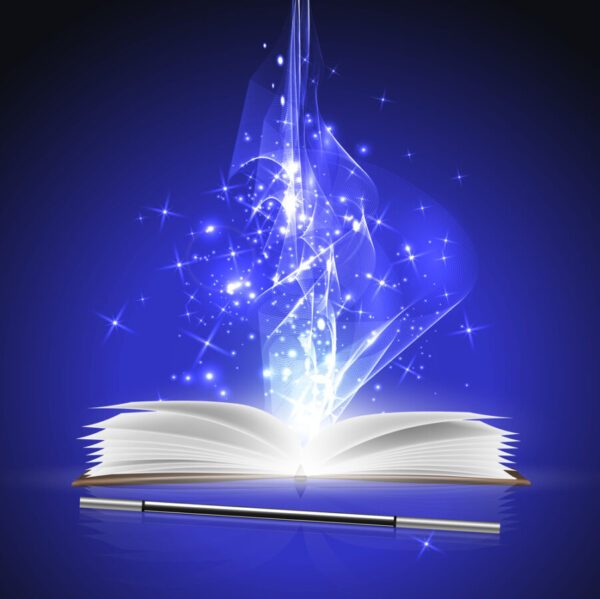
Every story begins with something. Sometimes it’s an especially vivid image of a character that you want to write. Sometimes it’s a shiny plot object, the big idea that you want your whole story to revolve around. And sometimes it’s a theme.
No matter where you start, the theme is an important part of your story. You are asking readers to buy into your view of the world, and that viewpoint should be about something. The tricky part is figuring out what that something is.
For me, the theme is usually not apparent to me until I get partway or sometimes even all the way through to the end. My stories tend to start out with an idea. Then I figure out the characters and set off into the great writing unknown to see where things lead me.
There’s a school of thought that says you should have your theme pinned down before you ever put pen to paper (or cursor to screen). That’s certainly a valid way to go. There’s something to be said for being clear on your theme from the get-go, so it can serve as a guidepost for your storytelling.
But there’s no right or wrong way to find your theme. You need to find the method that works best for you.
As I work my way through a story, it usually becomes clearer what theme is – what that story is actually trying to say to the reader. Who is the main character? What’s their journey? Where do they end up by the last page, and what did they learn along the way?
A good example of this is a magical realism story I just completed called “Do Over.” I knew from the get-go that it was a story about a man who was able to go back in time, but only by three seconds. This created interesting limitations on the “magic” in the story – his power seems most easily used to fix problems in social situations, like when he says the wrong thing, forgets somebody’s name, or stumbles in public. The name fit the magic in the story perfectly.
It’s also a gay romance. And it didn’t become clear to me until the end that the theme of the story was also “do over.” Because not only did it have the magical trick, but also ended up being about a do over at the start of a relationship, a second chance to get things right. It came together for me as I was doing the writing, and made total sense in the context of the story. On my second draft, I strengthened the theme, heightening the moment of rejection so that the “do over” at the end would be that much sweeter.
Some of my best themes have come about this way – I love letting the writing speak to me, figuring out what resonates and jumps out as the possible theme.
When you are writing, keep your theme in mind, and don’t be afraid if you don’t know what it is right up front, or if it changes while you’re writing the story. Letting it reveal itself to you can be magical, and it can transform your story from a bunch of words on a page to something transcendent.
To my author, friends, how do you choose, discover or develop your themes? Do you do so before you start writing, or after the story is partially or mostly written?
